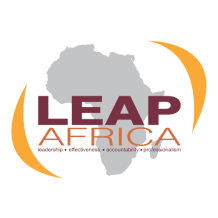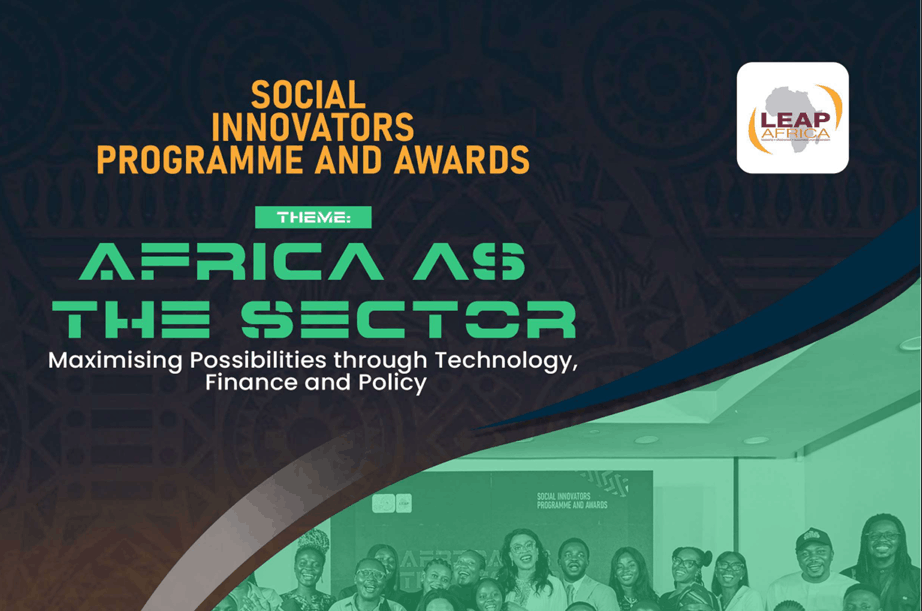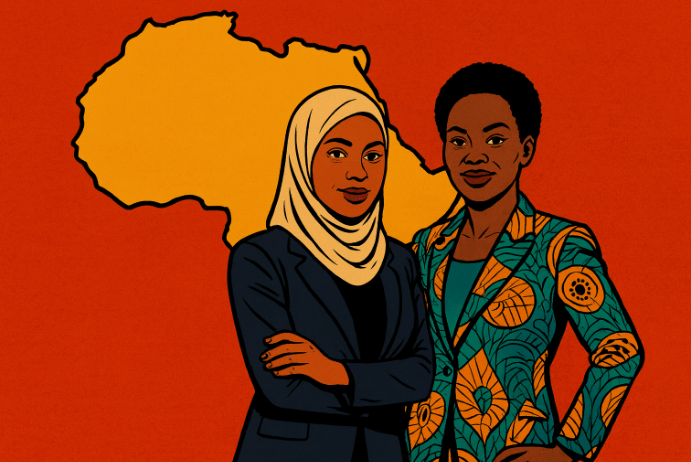Introduction
“I want to be an lowya”
This was a students’ response when asked what they wanted to be in future.
This statement to some represents the student’s inability to spell correctly; however, it also connotes the student’s zeal for a career in law despite little or no clue as to how to spell it. This leaves a clear indication that there is a need to refocus attention on the quality of formal education made available to students. Career pathways are an integrated collection of programs and services intended to develop students’ core academic, technical, and employ-ability skills; provide them with continuous education, training; and place them in high-demand, high-opportunity jobs. A career pathways initiative consists of a partnership among primary and secondary schools, workforce and economic development agencies, employers, labor groups and social service providers.
For education to be well rounded, it must expose students to career pathways that will inform their decision as they transition to adulthood. The 21st-century workplace has seen the transition and emergence of novel careers that were non-existence before the technological boom. However, it was observed in the survey that these novel careers were hardly reflected in the responses of the students. What factors are responsible for this? Has the school system evolved to accommodate these novel careers? Are students exposed to them? Are they considered viable like traditional careers?
Influences of Career Pathways
There are different determinants of career choices for adolescents, some of them include:
- Occupational interests: The reason for choosing any career may come from skills that have been portrayed from childhood or adolescence. This occurs when the child already exhibits inborn talents or skills and decide to go along with it. Initial findings from LEAP Africa’s Citi iLEAD project in Abuja revealed a project undertaken by students from 1 of the 5 secondary schools where leadership and life skill training intervention are currently ongoing. The project titled “A City without Prison” was constructed with paper mash, worn-off household appliances and other recyclable items. They built a city they envisioned and believed in without any prior lesson or practice of architectural skills. Following the needs assessment conducted in this school, it was discovered that most students in this school were naturally gifted with hands-on creative skills. Hence, naturally gifted students would not necessarily need to pursue other career pathways other than what they are used to.
- Influence of parents/guardians: Being the primary caregivers, the influence of the parents over a student’s career choice cannot be overestimated; they have both passive and active influence over the students. The active parents sometimes over-exercise their influence and force the children into careers the parents want. This may account for several students in universities studying courses that do not resonate with them to please their parents or guardians.
- Influence of teachers: It is often said that the teacher has the most influence on the learning outcome and career choice of a student, this may not be far from the truth. The influence of the teachers can be witnessed in the modus operandi with which they handle their students. Some people are who they are today because of the impact their teachers had on them. In choosing careers, some students are not motivated to choose teaching as a profession because they are not impressed with what they see in their classrooms.
- Influence from peer group/friends: A students’ peer group may have a positive or negative influence on their career choice. Students, consciously or unconsciously, tend to follow what their friends do so they do not seem left out. A classic example is a group of friends moving to ‘Art’ or ‘Science’, so they do not lose touch of the friendship. Sometimes, they turn out to have poor results because they do not have the desire and will to cope in that class.
- Cultural/religious Influence: Religion plays a relatively dominant role in career choices; however, this is the case for a student with a strong religious background. Certain religious beliefs may pose constraints on a career within certain industries such as cosmetic industry, brewery industry etc. Based on cultural socialization, women are more inclined to choose careers that suit predetermined gender roles. These careers are perceived to be feminine and require less physical strength e.g. office assistant, secretary, nurses etc.
Changing the Narrative – Traditional careers vs Novel Career
From a survey conducted on 430 students from 5 selected secondary schools in Abuja, students’ responses to “what they would like to be” was grouped under Higher education, vocational skills/ entrepreneurship, exit to workplace and others. Over 70% of the students were interested in transitioning into tertiary institution. Traditional careers such as medicine and surgery, banking and finance, architecture, nursing, engineering, and law were reflected in their responses while novel careers like vlogging (you-tube), blogging and brand influencing were not reflected in their responses. Another fraction of students indicated an interest in tertiary education although they added that they would like to earn enough money to sponsor their education first. Of this faction, up to 30% expressed interest in vocational skills and stated that they would love to be entrepreneurs engaging in trades like fashion designing, bead making, shoemaking etc.
From this data, it can be deduced that these students may not have had any exposure to novel career paths hence their choice of traditional careers often termed ‘professionals’. Students, especially in underserved schools are more likely to choose the traditional career paths that they are used to than novel, this is partly because of their level of exposure.
Traditional careers are referred to as the somewhat linear process of working for many years in the same organization and waiting for the inevitable promotions that came with experience. This, however, does not mean that they are not lucrative and should not be pursued actively. In tandem with the changing times, the perspective of these traditional careers is evolving gradually to accommodate millennials and how they relate with the workplace. Novel career, on the other hand, focuses on the accumulation of skills and knowledge and the integration of one’s professional and personal life, most likely holding diverse roles in an array of settings. Various novel career concepts were formulated to capture the trend in human interventions like YouTubers, digital marketing, product influencers, etc.
Nonetheless, this goes without saying that although these traditional careers are very important to the sustainability of society, students should also be exposed to 21st-century novel careers to widen their career options and enable them to compete favorably with their peers. Modern career paths, often referred to as non-linear path, do not follow the regular transition methods or traditional career advancements. People now take on careers as professional tasters of food chefs cook, health/ fitness trainers, vloggers, and even YouTube toy testers who try out and rate new toys before they hit the market. There are also other careers which stemmed from hobbies; one of the popular examples is Alex Hirschi considered one of the most famous vloggers who analyses cars, she is worth $1million.
Furthermore, it is imperative to note that careers are mostly influenced by technological advancement. Some careers that did not exist 10 years ago are now considered highly lucrative. They include App developers, animators, Zumba instructors’, digital marketers, social media managers etc. Some careers have even revamped to suit modern-day needs like uber drivers, driverless car engineer, podcast producers etc. With the advent of globalization and ICT, careers are no longer what they used to be and hence versatility should be encouraged.
Recommendations
Necessary interventions should be put in place in the educational sector to suit the needs of the students. This includes improvement of guidance and counselling unit to provide adequate support and counselling required by a student to choose a decent career. A guidance counsellor would be in a better position to study the student’s strengths and weaknesses in terms of capabilities. There are several factors associated with choosing a career path and weighing all these factors without prejudice requires a trained professional. With informative guidance given to these students, they stand a better chance of making sound decisions, this would also limit uninformed external influences.
Choosing a career pathway should be prioritized in curriculum design as this is necessary for students to transition effectively. In Leap Africa for instance, a pathways day is included in the design of a Leadership and Life Skills Training intervention for secondary school students. Different people in diverse career paths are invited to enlighten students on the different careers they represent and how best to effectively choose a worthwhile career.
Schools can further engage the students by occasionally organizing learning sessions with people in novel careers like bloggers/vloggers, App developers, etc. This dynamic approach will help students better interact with the daily lives of these people.
In conclusion, as the changing times’ demands, students must be exposed to relevant career paths as they attempt to transition. Not only should they interface with traditional career paths as we know it, but they should also be equally exposed to novel career pathways which offer more flexibility and versatility. If students are expected to transition effectively from secondary schools, all options must be made available to them and these include forms of vocational education and entrepreneurship as well as technologically driven career pathways.
by Uzoma Pamela



